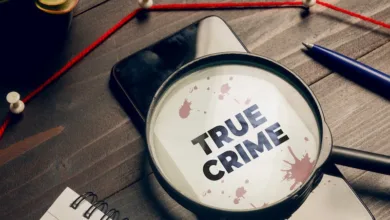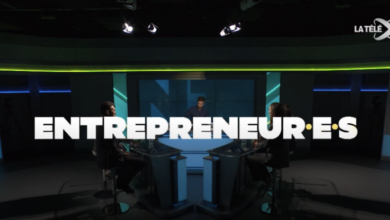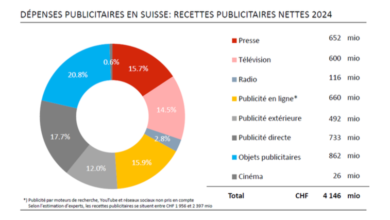Dreams 2.0
 There is a harrowing resemblance between the Internet dreams of the last decade, and the Web 2.0 excitement we are living today. I suppose that in our short span of a lifetime we are meant to experience the philosophical maxim that things do in fact move in a spiral – or in a circle, if one listens to pessimists. So what will it be for Web 2.0 – win or bust?
There is a harrowing resemblance between the Internet dreams of the last decade, and the Web 2.0 excitement we are living today. I suppose that in our short span of a lifetime we are meant to experience the philosophical maxim that things do in fact move in a spiral – or in a circle, if one listens to pessimists. So what will it be for Web 2.0 – win or bust?
Ten years ago, when barely out of school, I was somewhat wary of the World Wide Web. It did not seem on a par with the exciting sci-fi visions we have developed at the MIT. At the time I wanted to go into movies, or maybe just write. Yet everyone pushed me to define my carrier in Internet terms — it sounded a bit like that man in “The Graduate” telling Dustin Hoffman the future is in plastics. I found it ironic that most of my middle-aged Wall street mentors and expensively unshaved Silicon Valley advisors had no idea of what the Web experience actually was. Not for them the clumsy little websites and community forums. They followed the sexy curves of the rising stock lines – a reassuring sign that someone out there was buying into this new medium, while they puffed their cigars, drank their well aged liquors and bought 500-year old paintings with their newly minted money.
Then the crash came, and I will never forget running into one of those characters – a CEO of a wildly successful old-fashioned company, which for several years tried to figure out how to ride the new digital wave. At some point I was brought in to advise him on the golden Internet goose, and had the benefit of witnessing a remarkable swap of a hundred million dollars, none of which was in real money. But it all went nowhere – people hired and fired, business plans written and abandoned, and the old-fashioned company went back to its old business, much to the dismay of the CEO at the time and money lost.
This was about the time I ran into him, exiting my corner Starbucks. The New York Times in his hands announced the Internet crash on the front page. We said hello and then he waived the paper at me – “Have you read it?” he said in his powerful boardroom voice. “It’s over. It is a looser business. A bullshit looser business.” I was already crossing the street, for he was beginning to look mad. He stood on the corner, waiving the paper like one of those homeless guys announcing the coming of Jesus – a head of a multi-million dollar corporation, a brilliant tough almost legendary man — yelling at me in relief and desperation “It is OOOVER!”
I am equally wary of the Web2.0 today, though it is unmistakeably true that an increasing number of us checks out the Second Life option, without even seeing a parallel with a certain Keanu Reeves classic.
But I am much less sceptical about the potential success of this brave new World Wide Web. The difference between the Net of the 90s and Net 2.0, is that the latter has got the consumers hooked, for it is the most ego-friendly environment one can imagine. It is creating a cultural shift, which is about to lock us up in our own little minds, without a need to make an effort to go out there and connect to anything real.
There is also a great shift in business paradigms, where product itself is becoming less important than the marketing money. For marketing is a gift of telling a story, creating a world, which a consumer will adopt as his own. We do not buy things any longer because we need them. We buy objects because they put us inside of a narrative created by a marketing genius – whether it’s about taking care of something for the next generation or being worth it. We need this narrative because as human beings we need a connection to somebody else, to a community, to higher values – yet increasingly everything we truly connect to does not exist.
So have no doubts, investors in the V2 of the Internet. Your dreams are not going to implode, and you will make your investment back tenfold. For while the 90s bubble was that of money and stock markets, the Bubble 2.0 is a space we live in, a virtual enclosure into which we lock ourselves to feel safe and important and understood. We shop, we blog, we date and we watch ourselves on YouTube, while real cents fall off our credit cards. No wonder “Matrix” was a cult movie among my MIT classmates – it was, after all, the right school to learn about the future.





